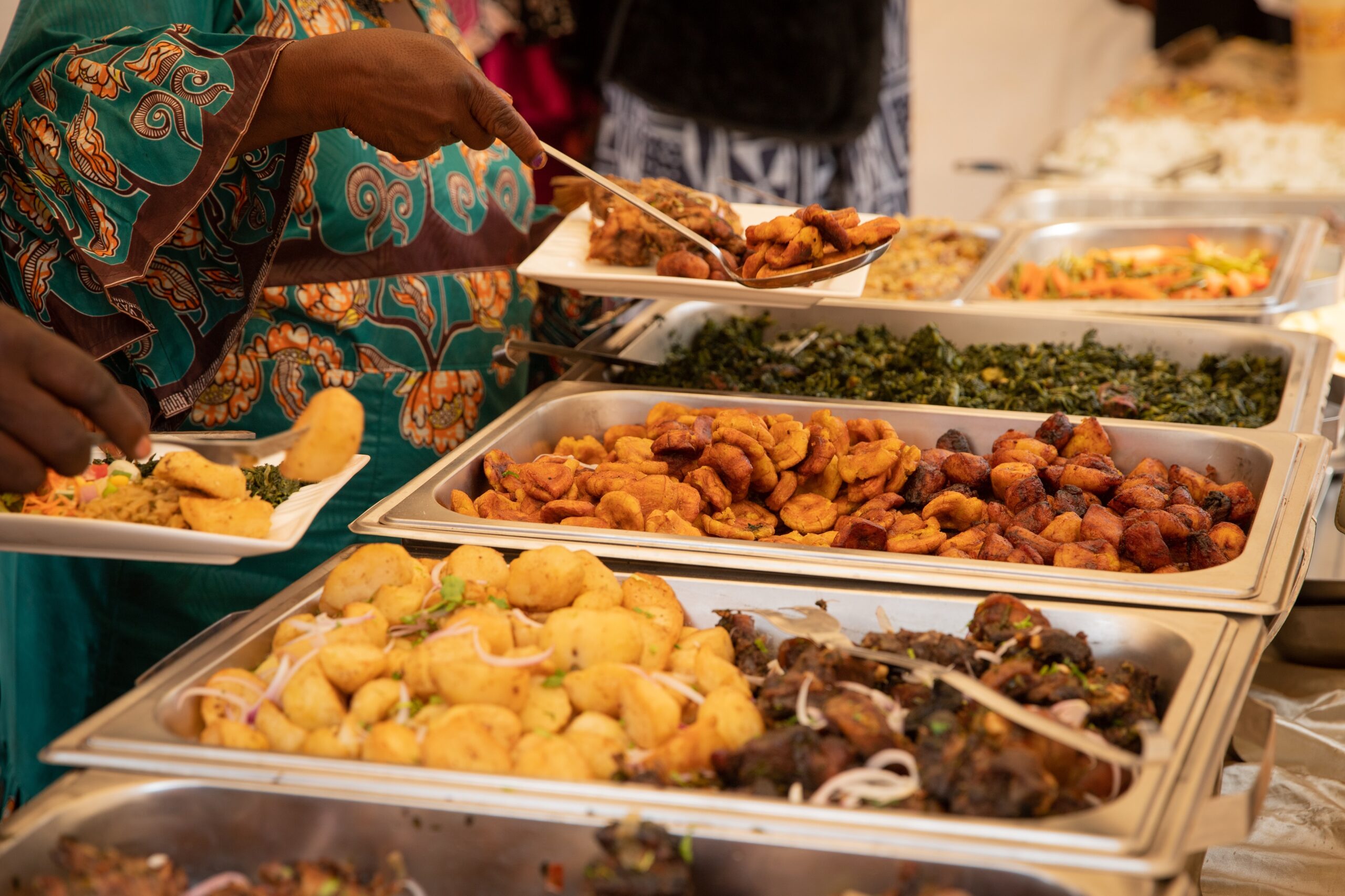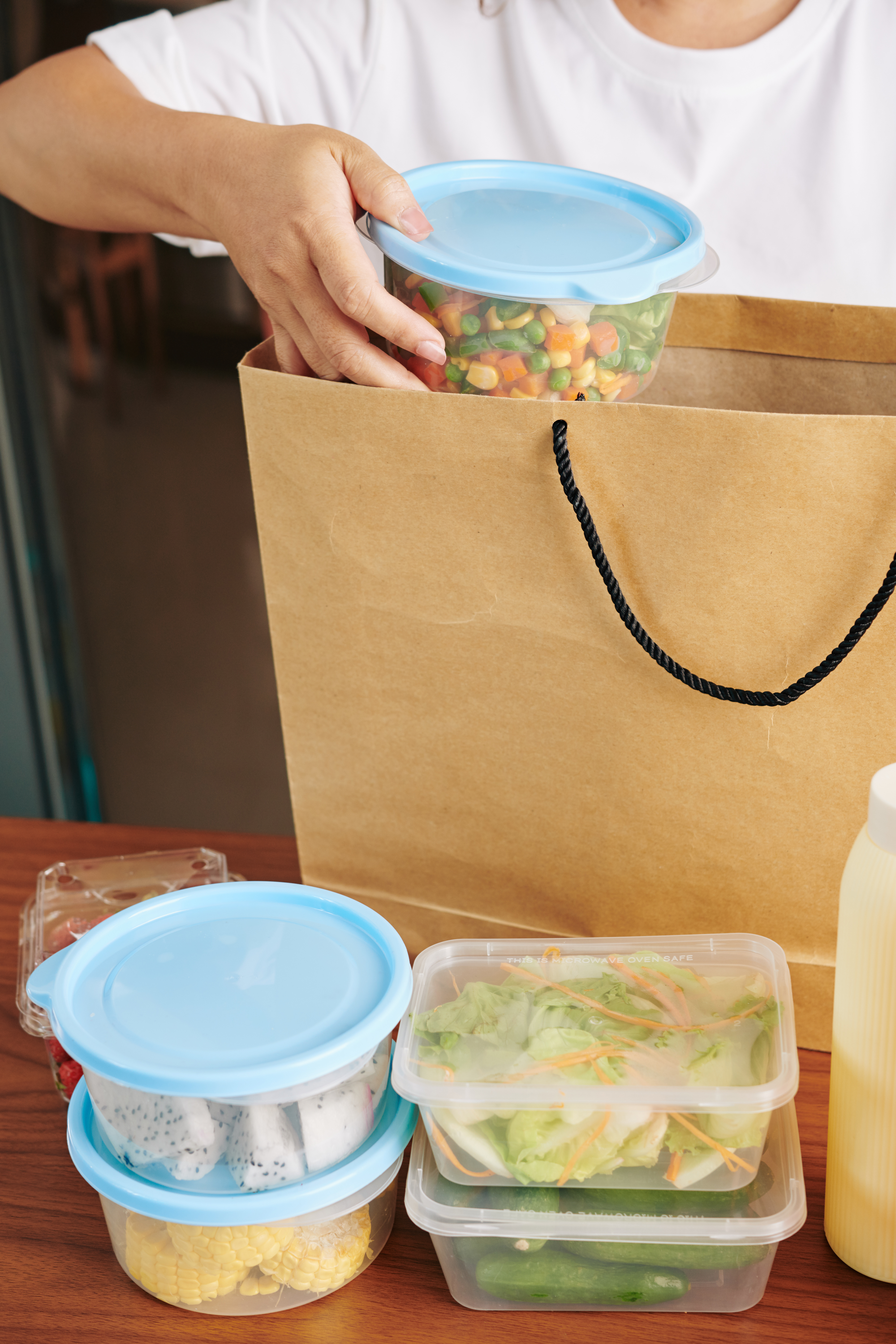
The unwritten rules of bringing home leftovers in Brunei
Did you know that in India it is customary to clear your plate as a sign of respect for the food served, which is considered sacred? In South India, where meals are often served on banana leaves, it’s polite to fold the leaf over from the top, not the bottom, as folding from the bottom suggests dissatisfaction.
Similarly, in Japan, leaving food on your plate, whether at home or in a restaurant, is deemed rude due to the cultural concept of mottainai, regret over waste.
Contrarily, in China, leaving some food on your plate signals to the host that you are still hungry, while finishing everything might imply you’re satisfied.
However, in Brunei, if we don’t finish our food, we can simply tapau (takeaway) whatever is left. Our Brunei Malay culture takes pride in its vast extended family network, and one way to strengthen this bond is through gatherings. There are always tahlil events to attend, engagement or wedding ceremonies over the weekend, with countless birthday and anniversary parties.
Reunions are also becoming a popular trend now, further enriching our social connections.
Of course, everyone is bonded through the food network. Some opt for catering, while others prefer potlucks. The well-off often provide live cooking stations, ranging from a variety of fried noodles to ice cream stands and drink stalls, delighting their guests.
With such an endless selection of dishes, there are always leftovers.
Enter the tapau elites. These individuals expertly scour every table, already deciding which dishes they’ll bring home.

You can easily distinguish amateurs from professionals: newbies come prepared with mini clear plastic bags and pink-coloured strings, while the seasoned tapau experts carry plastic containers for added convenience.
Sometimes, you can’t judge a book by its cover. The innocent-looking teen sitting next to you might be a seasoned tapau expert. And surprisingly, some men have mastered this art as well.
Whenever I attend these family makan-makan gatherings, I find it fascinating to sit back and watch these pros spring into action. It’s always at the moment when guests start piling their plates back on the table and reaching for sweet treats for dessert.
On most occasions, the host gives the green light for guests to tapau leftovers by providing the mini plastic bags themselves.
“I always make a point to encourage my guests to take home any leftovers rather than let them go to waste. I see it as a form of sedekah (charity),” said Hajah M, a 62-year-old retired teacher.
While the tapau culture is widely accepted at family events, it can be frowned upon in other settings. Restaurants and eateries, especially those with all-you-can-eat buffets, often have strict policies against taking home unfinished or half-eaten dishes.
A senior food and beverage manager at a hotel in the capital confirmed this stance, stating, “Hotels and restaurants typically do not permit takeaway from buffet spreads. However, diners are allowed to take home leftovers from the à la carte menu.”
There are certain exceptions, notably at Malay weddings. “We tend to overlook it when guests pack leftovers into small plastic bags or use napkins to take food home,” he said.
The rationale behind discouraging takeaways primarily revolves around health and safety concerns. “Food exposed for extended periods is more susceptible to contamination. We prefer not to assume liability in case of foodborne illness,” he explained.

Funnily enough, I know someone who lives for tapau. She gets excited before events, eagerly planning what food she’ll bring home.
One trick she shared is to pile as many different types of dry food as possible onto one plate, then discreetly transfer it into a plastic bag hidden on her lap.
“Don’t you have like six kids at home? Take these egg tarts for them,” she would suggest. Although her antics are amusing, it can be awkward sharing a table with her, knowing she might attract unwanted attention.
But she remains unfazed by the side glances from others.
“Sometimes I feel like it’s a disease. The satisfaction of successfully completing the act is so overwhelming. I think I need help,” she joked.
She once mentioned being approached by a waiter who informed her it was against the restaurant’s policy to take items from the buffet but allowed for à la carte orders. Instead of deterring her, it made her more determined.
“Getting caught is part of the thrill. It means we have to be more aware of the watchful eyes around,” she said.
I just shook my head and told her I wouldn’t be surprised if one day I saw her photo displayed at a restaurant’s entrance, barring her from entering, or even received a viral video of her tapau-ing food at a restaurant.
She, however, staunchly adheres to the principle that ‘thou shall not tapau when other guests are still eating or bag any food item before the event starts’.
“It’s just not right. What if the food served is exactly enough for the attending guests? It would be disappointing to run out of food because someone selfishly packed some early or imagine the embarrassment for the host seeing guests leave with empty stomachs,” she pondered.
While minimising food waste is important, it’s essential to observe social norms to avoid drawing attention when tapau-ing from buffets. If leftovers can be consumed, the tapau culture can promote sustainability, but context is key. – ENNY ZAINI






